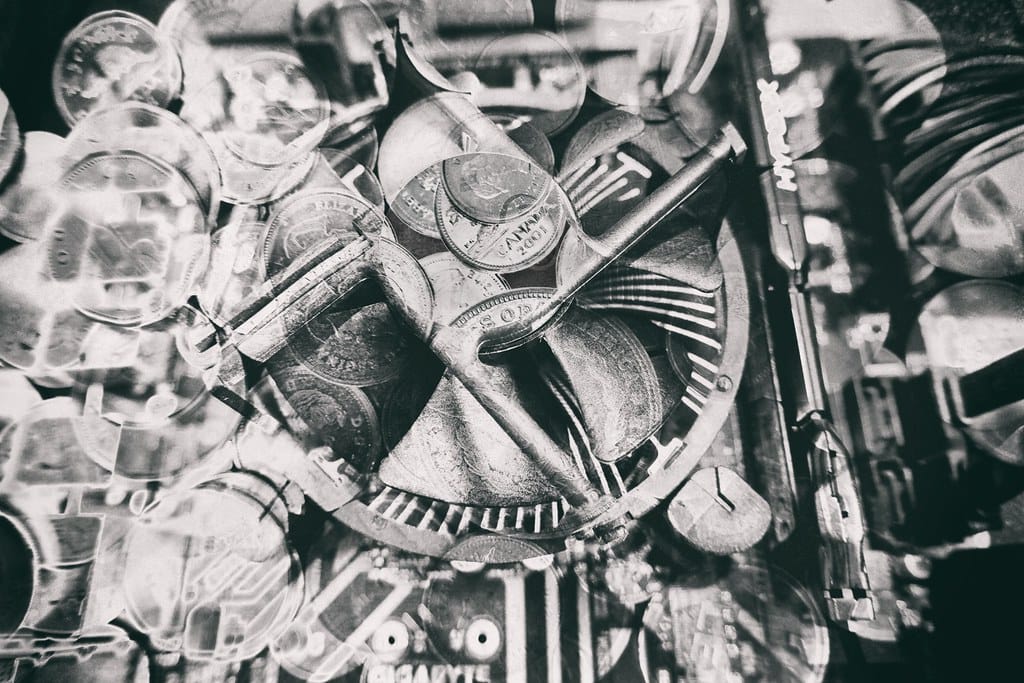Australia's Social Media Ban for Under-16s Gains Momentum as Tech Giants Face Unprecedented Trial
Australia is poised to become the first nation to implement a comprehensive social media ban for children under 16, following a groundbreaking trial that tested the feasibility of age verification technologies. The move signals a dramatic shift in global digital policy and could reshape how social media platforms operate worldwide.
The Australian government's proposed legislation, which passed the House of Representatives with overwhelming bipartisan support, represents the most aggressive approach to youth digital safety undertaken by any major democracy. Prime Minister Anthony Albanese has positioned the ban as essential for protecting children's mental health and development, stating that social media platforms have become "a platform for predators" and contribute to rising youth anxiety and depression rates.
The Tech Trial That Changed Everything
The legislation's progression follows a comprehensive trial involving major technology companies, including Meta (Facebook and Instagram), TikTok, Snapchat, and X (formerly Twitter). The trial tested various age verification methods, from government ID checks to biometric scanning and AI-powered age estimation technologies.
Results from the trial, conducted over six months with 10,000 Australian participants, showed that robust age verification is not only technically feasible but can achieve accuracy rates exceeding 95%. The most successful approaches combined multiple verification layers, including document verification, facial age estimation, and behavioral analysis patterns.
"The trial definitively proved that the technology exists to keep children off these platforms," said Digital Safety Commissioner Julie Inman Grant. "The question was never about capability—it was about willingness."
Global Implications and Industry Pushback
The Australian model has garnered international attention, with the European Union and several US states closely monitoring the legislation's implementation. France attempted a similar measure in 2023 but faced significant technical and legal challenges that Australia's approach appears designed to address.
Tech companies have responded with fierce opposition, arguing the ban is "rushed" and could drive children to less regulated corners of the internet. Meta spokesperson Josh Machin warned that the legislation could "push young people to darker parts of the internet where no community guidelines, safety tools, or protections exist."
However, supporters argue this criticism deflects from platforms' responsibility for designing addictive products that harm developing minds. Dr. Lisa Sugiura, a digital behavior expert at the University of Melbourne, notes that current platform safety measures have proven inadequate: "We've given self-regulation 15 years to work. Youth mental health statistics tell us it hasn't."
The Enforcement Challenge
Under the proposed framework, social media platforms face fines of up to AU$50 million (US$32 million) for failing to prevent underage access. The legislation places enforcement responsibility squarely on companies rather than parents or children, addressing concerns about criminalizing youth digital behavior.
The age verification system will likely utilize a combination of technologies:
- Document verification: Requiring government-issued ID for account creation
- Biometric analysis: Using AI to estimate age from facial features
- Behavioral indicators: Analyzing usage patterns consistent with different age groups
- Third-party verification services: Independent companies specializing in age confirmation
Mental Health at the Center
The legislation stems from mounting evidence linking social media use to deteriorating youth mental health. Australian data shows teen depression rates have increased 40% since 2015, coinciding with widespread social media adoption. Hospital admissions for self-harm among girls aged 12-17 have doubled in the same period.
"We're talking about a mental health crisis of unprecedented proportions," said Dr. Sarah Henderson, lead researcher on youth digital wellness at the Australian Institute of Health Innovation. "Social media isn't the only factor, but it's a significant and modifiable one."
What Comes Next
The legislation now moves to the Senate, where passage appears likely given broad public support—polls show 77% of Australians favor the ban. Implementation would begin in 2025, giving platforms one year to develop compliant systems.
Australia's bold approach may well become a template for other nations grappling with similar concerns. The success or failure of this world-first experiment will likely determine whether digital age verification becomes the new global standard or remains an ambitious but flawed policy experiment.
For parents, educators, and policymakers worldwide, Australia's social media ban represents either a necessary intervention in protecting childhood development or a concerning expansion of government digital oversight. The coming months will reveal which interpretation proves correct.
